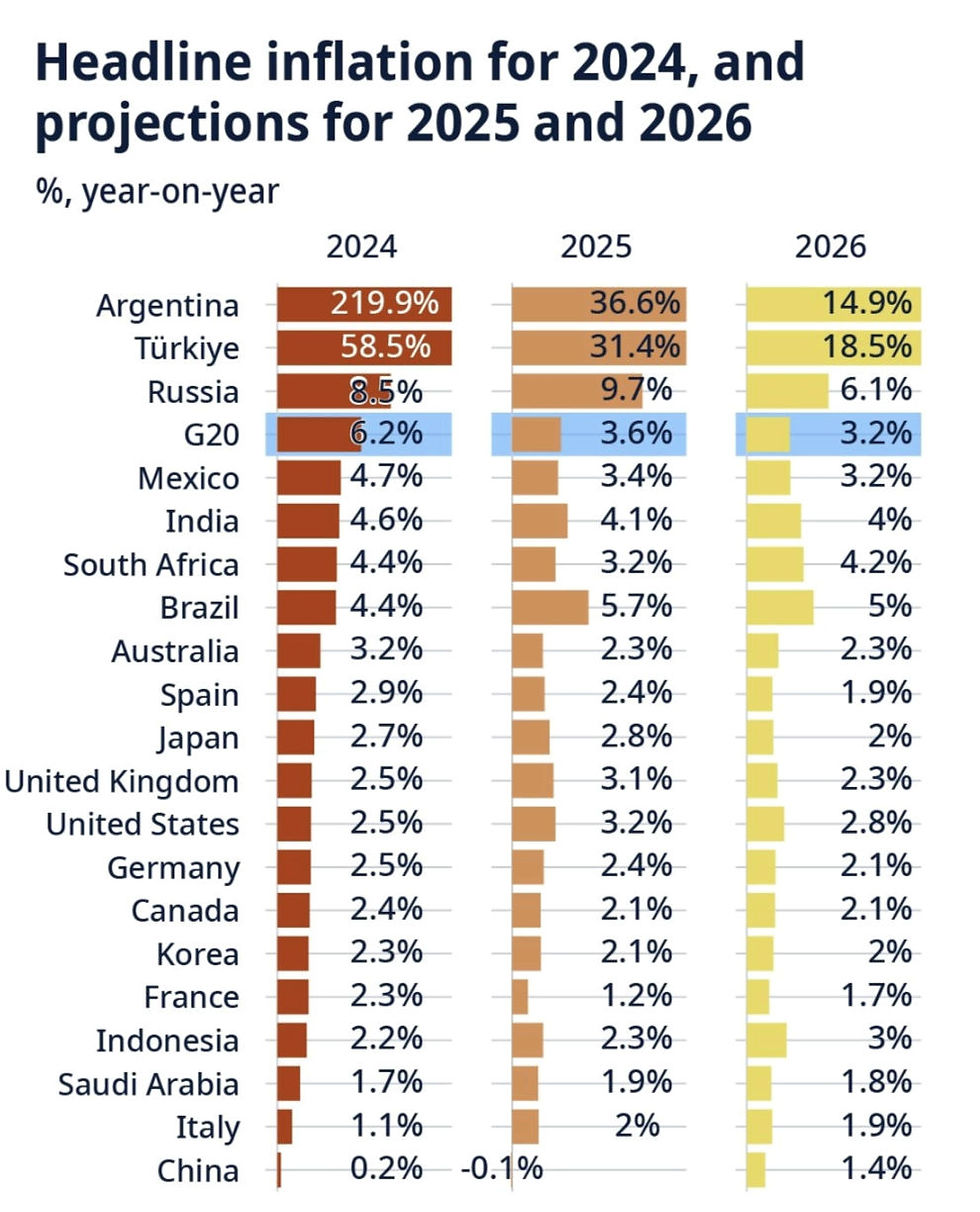
No 2 Extremes: ANDES
- ROBERTO SALAZAR CORDOVA

- Nov 22
- 5 min read
The ultimate evaluation
Andes vs. extremes
ADN@+
On a single Sunday, Chile and Ecuador voted and sent the same message in two different languages. In one country, a right-wing government lost a plebiscite. In the other, a left-wing project was cut back at the polls. Read as headlines, these are separate national stories. Read as Andes, they are one verdict:
The extremes lost. The Andes do not like extremes.
And they said so through two fully democratic, fully institutional haircuts.

1. Democratic extremes, Andean veto
Both governments arrived at that Sunday with a similar temptation.
In Ecuador, the temptation was to push a hard-security, fast-track package under the pressure of a real war against organised crime. The referendum questions mezclaban seguridad, instituciones y poder presidencial en un solo impulso: more force, more centralisation, more room to act quickly “because time is running out”. It was a democratic extreme: not a dictatorship, but a project that stretches the elastic of the Constitution in the name of survival.
In Chile, the temptation was the mirror image in another direction. After years of estallido, constitutional experiments and high-intensity symbolism, the progressive project had tried to turn a complex social malaise into a total rewriting of rules and balances. Even when that drive was moderated, the underlying signal remained: “give us a broad mandate to transform everything”. Another democratic extreme: not authoritarian, but maximalist in scope and impatience.
In both cases, voters said no. Not to democracy, but to its extremes.
The message is deeper than left vs. right. It is a cultural veto:
Against permanent estallido, regardless of who calls it.
Against normalised muerte, whether by gangs, State negligence or revolutionary fantasies.
Against projects that treat society as a battlefield instead of a territory to be cared for.
What loses in both countries is the idea that urgency justifies totalising agendas.

2. A conservative culture of peace
The Andes are not “conservative” in the narrow party sense. They are conservative in the older, civilisational sense: they protect life, community and a minimum of daily order.
That conservative culture of peace is anti-estallido and anti-muerte for reasons that go beyond ideology:
The memory of internal wars, dictatorships and civil conflicts is not abstract. Families remember “disappeared” relatives, lost migrations, broken communities.
The cost of violence is visible in the body: extortion, recruitment, drugs, femicides, prison massacres. People know what it means to cross the line from protest to chaos.
The territory itself – mountains, valleys, páramos, barrios perched on hills – does not forgive long breakdowns of order. When the State retreats too far, others fill the void, and returning is expensive in money and blood.

From that Andean memory, both experiments look risky:
A security crusade that uses fear to stretch institutional limits looks too close to past justifications for authoritarian shortcuts.
A transformative crusade that uses moral urgency to rewrite everything at once looks too close to projects that ended in crisis, scarcity or new elites replacing old ones.
So the Andes do what they have always done: they let extremes rise, listen, and then pull them back to the middle with a brusque, sometimes brutal, democratic correction.

3. Progress, yes; but under conditions
This is not a static culture. The region has changed and wants change. The ultimate evaluation is not “we reject all transformation”. It is “we accept transformation only under certain non-negotiable conditions”.
From Chile to Ecuador, three conditions are becoming visible.
A. No change without basic order
People are willing to discuss taxes, subsidies, labour rules, even constitutional designs. But they will not trade away basic physical safety to get them. Security is not a bargaining chip. Any project – left or right – that appears to tolerate estallido as normal politics or muerte as “collateral damage” will be punished.
B. No mandate to rewrite everything at once
The era of blank cheques is over. Societies may support reforms, but they refuse to hand over total control of the script to one coalition. This is why plebiscites, constituent processes and broad reform packages keep failing when they are framed as “all or nothing”.
C. No monopoly on moral legitimacy
Neither camp can claim to be “the side of the people” against “the enemies of the people”. The same electorate that punished one extreme in Chile punished the other extreme in Ecuador. The Andean centre is not a moderate party; it is a deeper intuition that moral black-and-white stories end "mal"... "siempre".
OUR DNA IS ALWAYS POSITIVE: ADN@+
Under these conditions, some things do move forward:
In the macro and fiscal sphere, both countries have kept anchors: an independent central bank and fiscal rule in Chile; dollarisation and external discipline in Ecuador.
In trade and investment, both remain plugged into global demand and regional flows, even under tariff wars and geopolitical noise.
In social policy, neither has dismantled the core safety nets built over decades.
The Andes are not blocking all progress. They are filtering progress.

4. Chile from Ecuador, Ecuador from Chile
Seen from Ecuador, Chile still looks relatively ordered and wealthy, but exposed to a new type of instability: psychological, institutional and territorial. The lesson is that macro success does not immunise a country against estallido when a significant part of society feels permanently excluded or humiliated.
Seen from Chile, Ecuador looks more fragile and violent, but also more explicit about its constraints. Dollarisation, high homicide rates and credit ratings put hard limits on fantasy politics. The recent upgrade of its debt is a sign that, even under extreme stress, fiscal and external corrections matter. The lesson is that institutions can be rebuilt, but not if they are constantly used as weapons in short electoral cycles.
Both readings converge on the same conclusion: neither country has advanced as much as it could have, precisely because too much energy has been spent in testing extremes instead of consolidating a shared middle ground.

5. The Andean balance
On that Sunday, the balance became visible.
In Ecuador, the electorate told a right-wing government: “we want security, but not at any juridical or constitutional cost”.
In Chile, the electorate told a left-wing project: “we want dignity and rights, but not at the cost of permanent tension and institutional exhaustion”.
The result is not paralysis. It is a form of enforced moderation.
The Andes are saying:
Governments are temporary; culture is not.
Parties and ideologies rotate; the need for peace and daily normality does not.
States may expand or shrink; the lived experience of families, barrios, comunidades and pueblos remains the true reference point.

That is why the extremes lost. Not because one side’s arguments were inherently evil and the other’s pure, but because both misread the same underlying constant: an Andean civilisation that has already paid too much in blood and fracture and now refuses to fund new experiments with more estallido and more muerte.
The ultimate evaluation is simple and hard at the same time:
The Andes will tolerate democratic extremes only long enough to measure them — and then reject them, from either side, whenever they cross the line that separates necessary conflict from unnecessary destruction.









Comments